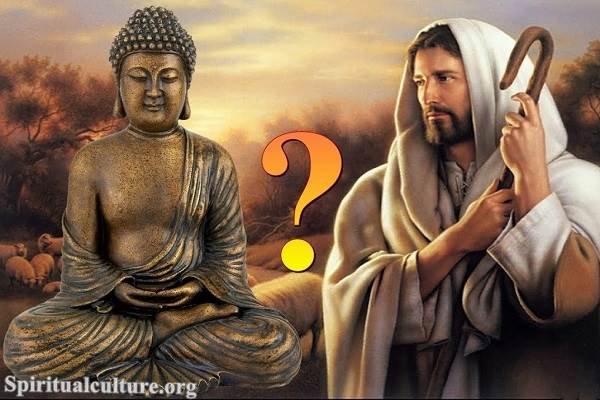It is a path of practice and spiritual development that leads to insight into the true nature of reality. Buddhism encompasses a variety of traditions, beliefs, and spiritual practices largely based on the teachings of Siddhartha Gautama, who is commonly known as the Buddha. The term ‘Buddha’ translates to ‘the awakened one’ or ‘the enlightened one.’
Buddhism is not just a religion but a philosophy and a way of life that encourages followers to lead a moral life, be mindful and aware of thoughts and actions, and develop wisdom and understanding. The teachings of Buddhism revolve around the Four Noble Truths, the Noble Eightfold Path, and the concept of Dharma, which refers to the teachings of the Buddha.
Buddhist Teachings
The core teachings of Buddhism are encapsulated in the Four Noble Truths and the Noble Eightfold Path. The Four Noble Truths are the truth of suffering, the truth of the cause of suffering, the truth of the end of suffering, and the truth of the path that leads to the end of suffering. The Noble Eightfold Path, on the other hand, provides guidelines for the right way of living. It includes the right understanding, right thought, right speech, right action, right livelihood, right effort, right mindfulness, and right concentration.
Meditation and Mindfulness
Meditation and mindfulness are central to Buddhist practice. Meditation is a means to transform the mind and encourage concentration, clarity, emotional positivity, and a calm seeing of the true nature of things. It involves techniques that encourage and develop concentration, clarity, emotional positivity, and a calm seeing of the true nature of things.
On the other hand, mindfulness is the psychological process of bringing one’s attention to experiences occurring in the present moment. It is a quality that every human being already possesses; it’s not something you have to conjure up; you just have to learn how to access it.
Buddhist Philosophy
Buddhist philosophy refers to the philosophical investigations and systems of inquiry that developed among various Buddhist schools in India following the death of the Buddha. It revolves around concepts such as karma, rebirth, the cycle of suffering (samsara), and the path to liberation from this cycle (nirvana).
Different Branches of Buddhism
Buddhism has evolved into different branches, each with its unique characteristics and interpretations of Buddhist teachings. The three main branches are Theravada Buddhism, Mahayana Buddhism, and Vajrayana (Tibetan) Buddhism.
Theravada Buddhism, also known as the “Doctrine of the Elders,” is the oldest surviving Buddhist school. It emphasizes attaining self-liberation through one’s own efforts. Meditation and concentration are vital aspects of this path.
Mahayana Buddhism, also known as the “Great Vehicle,” is a more diverse group of various Buddhist traditions. It emphasizes the altruistic wish to attain Buddhahood for the benefit of all sentient beings and highlights the bodhisattva ideal.
Tibetan Buddhism, also known as Vajrayana Buddhism, is known for its rich mythology, iconography, and the practice of tantra. It incorporates the essential teachings of both the Theravada and Mahayana traditions.
Zen Buddhism, a subset of Mahayana Buddhism, emphasizes meditation and the direct understanding of the teachings of the Buddha. Zen practice is characterized by simplicity and a direct interaction with the world.
Buddhism in the World
Today, Buddhism is practiced by millions of people worldwide. It has spread from its roots in India to virtually every corner of the world. It is a path of practice and spiritual development that provides the framework for a moral life, a clear mind, wisdom, and understanding. It is a path that has led countless individuals to lead happier, more fulfilling lives.
In conclusion, Buddhism is more than just a religion; it is a philosophy and a way of life that encourages followers to lead a moral life, be mindful and aware of thoughts and actions, and develop wisdom and understanding. Whether through meditation, mindfulness, or studying the Dharma, Buddhism offers a path to spiritual enlightenment that millions of people around the world have walked for over two millennia.



